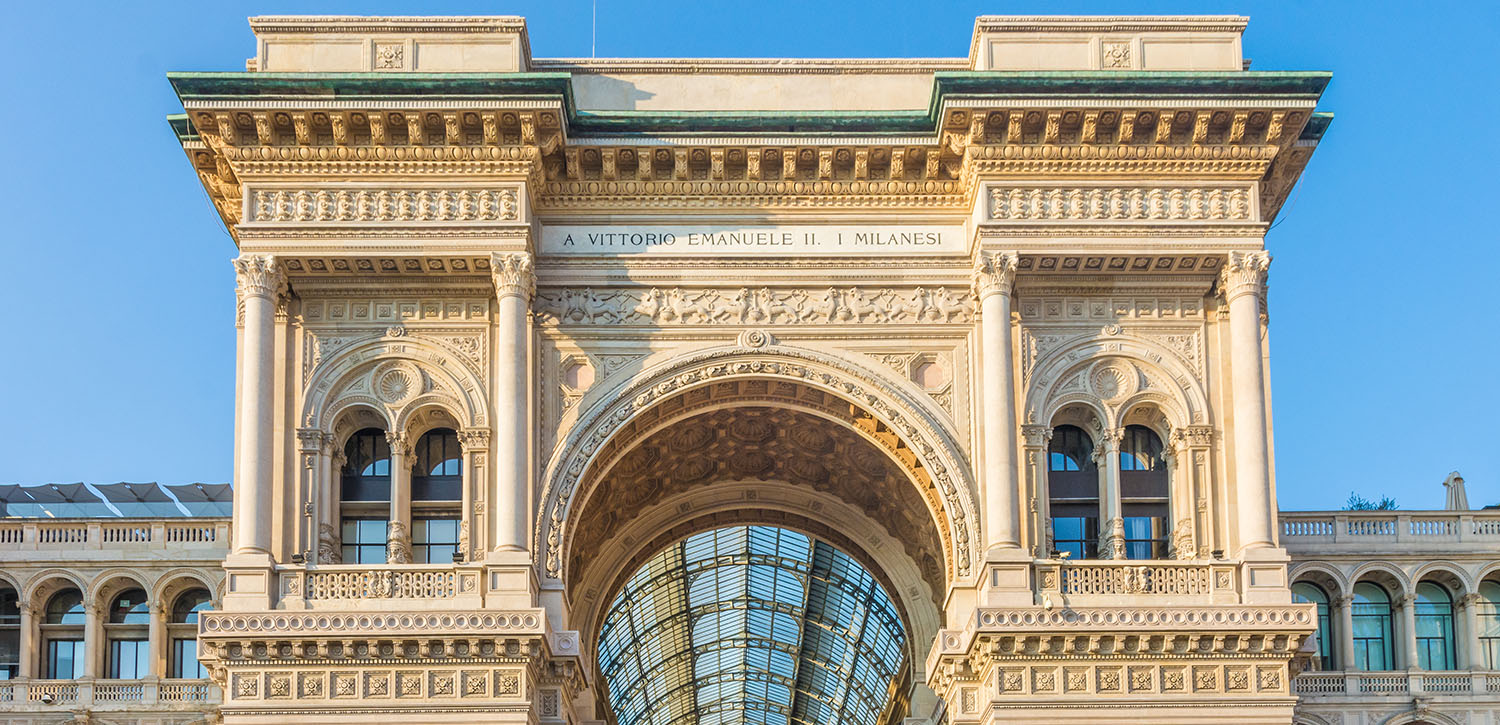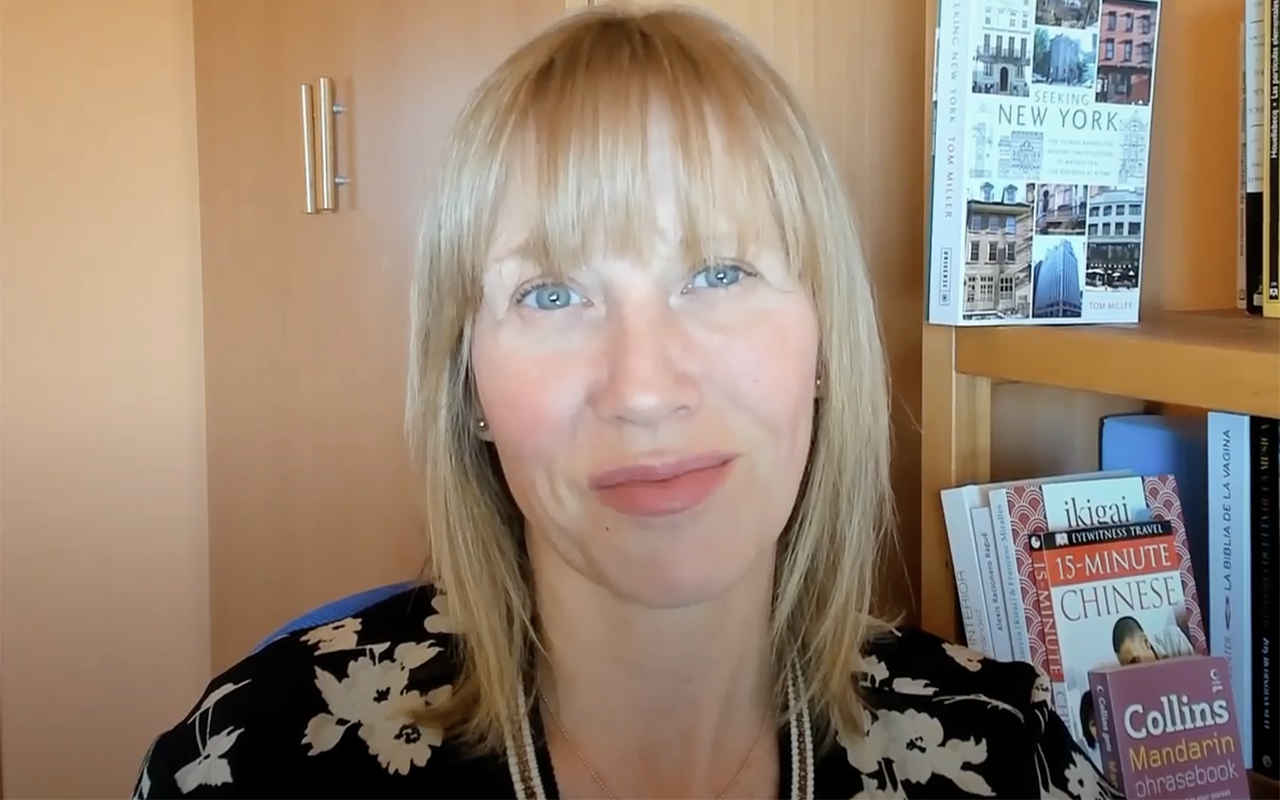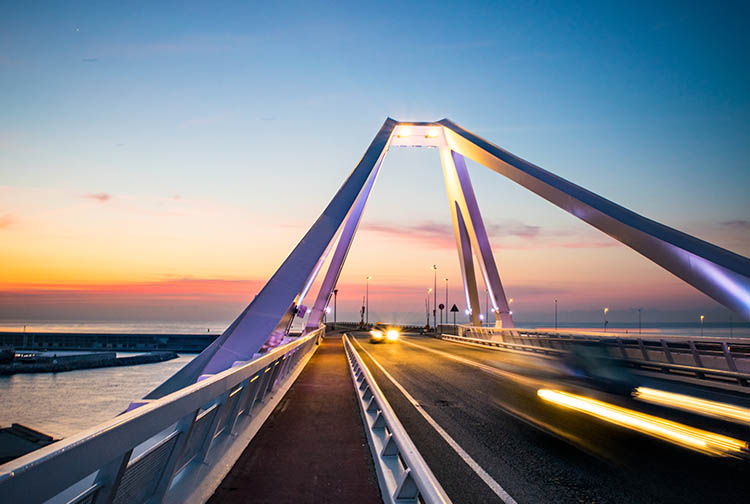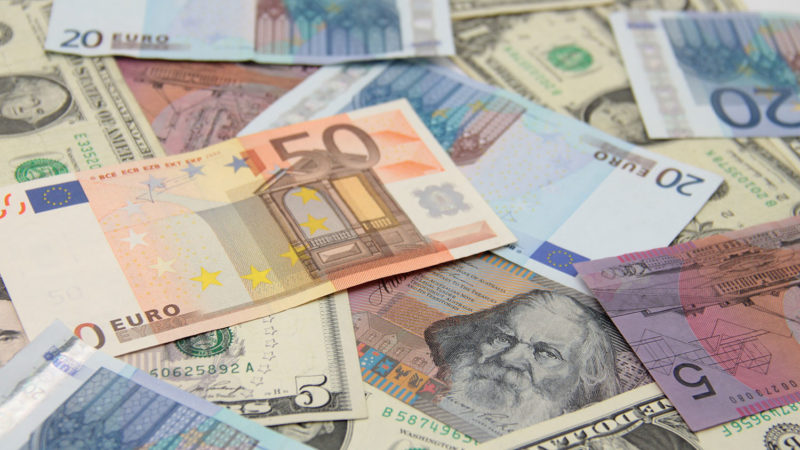

Catalonia, one of the Four Motors for Europe
Catalonia is one of the regions of the “Four Motors for Europe” network, founded in the late 1980s to promote cooperation between them. It is made up of four of the most industrialised areas of the European Union.
On 9 September 1988, Auvergne-Rhône-Alpes, Baden-Württemberg, Catalonia and Lombardy signed a cooperation agreement to form the “Four Motors for Europe” network. As Sandra Molas, sales manager at 11Onze, explains, these four regions currently comprise “36 million inhabitants” and represent approximately “9% of the European economy”.
The initial objectives of this interregional cooperation partnership were mainly related to economics and research, as well as art and culture. Over the following decades, however, the objectives and level of cooperation have increased significantly.
Current areas of cooperation include economic development, research and innovation, training and higher education, climate and environment, transport and mobility, health, agriculture, civil society and arts.
In the framework of European integration
The founding of the network coincided with major European integration processes. For example, as Sandra Molas recalls, in 1992 the Maastricht Treaty was signed, which “came into force in November 1993” and led to the creation of the European Union.
The Four Motors for Europe has always supported the important role played by the regions in the continent and has served as an example of the strong international affiliation of European regions.
“The group actively contributes to European affairs, in particular by publishing common positions on EU policy,” as Molas explains. In fact, they try to “act as a lobby on the issues that are of most interest to them.”
In some cases, regions join as partners to participate in initiatives, especially in economic cooperation. This has been the case in Flanders, Wales and Quebec. However, most activities involve only the four signatory territories.
Flexibility is one of the defining characteristics of the network, which has no institutions or budget of its own. The partnership is governed by a Coordination Committee made up of the general coordinators of the executive offices of the presidents. And the thematic work is carried out in various working groups.
Rotating presidency
The presidency changes every year following a fixed rotation. Catalonia assumed its last presidency in September 2020 and passed the baton to Auvergne-Rhône-Alpes in December 2021.
The programme of the Catalan presidency focused on the 17 Sustainable Development Goals of the 2030 Agenda, as well as the European Green Pact, to strengthen the transformative resilience of our societies. Inspired by the three dimensions of the 2030 Agenda, the programme was organised into three resilience dimensions: economic, social and environmental.
To give the programme substance, all departments of the Government of Catalonia were consulted, resulting in more than 30 specific initiatives that were developed over the 14 months of the Catalan presidency.
Present and future of the network
As Sandra Molas warns, the ravages of the pandemic and the current economic situation mean that the four regions that make up the group must “read just their recovery policies and activities” towards new models that “adapt to the needs of the moment.” And this will have to be done “with a regional, European, but also global vision.”
The 11Onze sales manager concludes that this will not be easy because of “the threat of an impending global crisis caused by national debt, rampant inflation and skyrocketing fossil mineral prices”.
If you want your business to make a giant leap, use 11Onze Business. Our business and freelancer account is now available. Find out more!
Leave a Reply
You must be logged in to post a comment.






Gràcies!
Bona explicació👍
Moltes gràcies, Jordi!!!
Bon article. És bo saber on Catalunya se la considera un espai sòcio-econòmic
Celebrem que t’hagi agradat, Francesc, i moltes gràcies pel teu comentari!!!
Aquest lobby hauria de tenir molt més pes i presència, però el fet de no tenir institucions ni pressupost propi no hi ajuda gaire. Al capdavall, la UE no deixa de ser un “club d’estats”, com malauradament hem hagut d’experimentar els catalans durant els darrers anys, en tot un trist bany de realitat.
Totalment d’acord amb tu, Albert! Ens agradi o no, per ara cada regió està condicionada per la realitat de l’estat al qual pertany…
Molt interesant.
Gràcies!!!!!
Gràcies a tu per apreciar-ho!